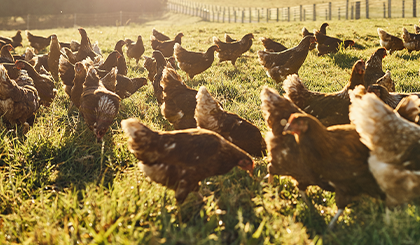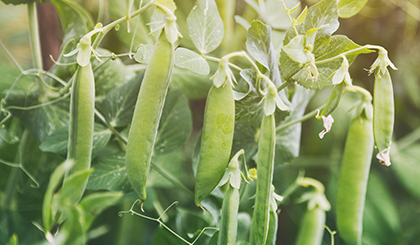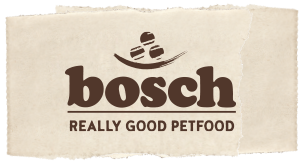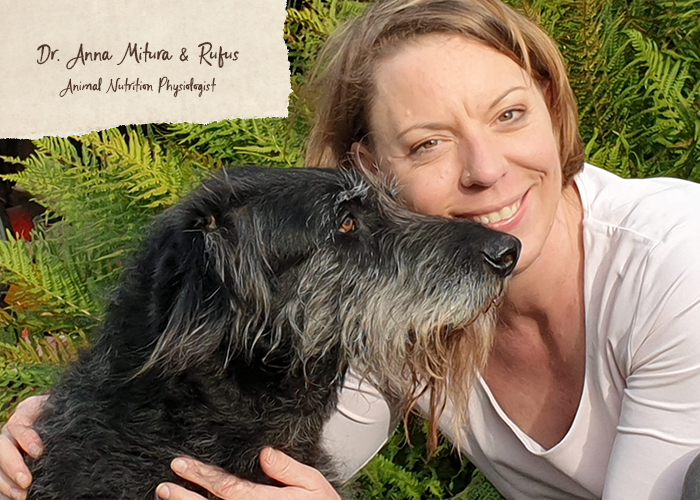In many respects, the domestic dog has distanced itself from its forefather, the wolf, and adapted to life with humans.
This is also particularly true for digestion, metabolism and thus the entire diet. Today's complete feeds therefore have a particularly high quality and are very precisely adapted to the needs of the dog. Professional, product- and nutrient-friendly manufacturing processes and a scientifically based recipe design make it possible to produce the right food for every activity level and every stage of life.
However, there are also dogs that suffer from food intolerances or allergies. As different as the causes of a possible allergy are, as different can be the symptoms. For example, some dogs show increased itching or reddened skin, others react more with gastrointestinal problems, vomiting or diarrhea. The body (or the immune system) usually reacts to individual proteins from meat, fish, cereals or dairy products, which are recognized as "foreign" and are therefore fought against. Oils and fats, on the other hand, are less commonly described as allergens. If a dog shows symptoms of food intolerance or allergy, the first thing to do is to find out what exactly the immune system is reacting to.
Incidentally, the classic exclusion or elimination diet has proven to be the scientifically safest method, as the "blood tests" that are often carried out can repeatedly lead to false positive findings. Once the allergen is known, it is necessary to offer the dog a diet that no longer contains this component. For such an adapted diet, it is therefore helpful to reduce the number of individual components - especially the proteins used - in order to achieve even more targeted feeding. In addition, protein sources should be used if possible, which the immune system has not (or hardly) known so far. For dogs allergic to cereals or even gluten-containing cereals, potato or sweet potato is very suitable as a carbohydrate source. All the above nutritional aspects are the basis of our SOFT/PLUS & Oven Baked products.



































